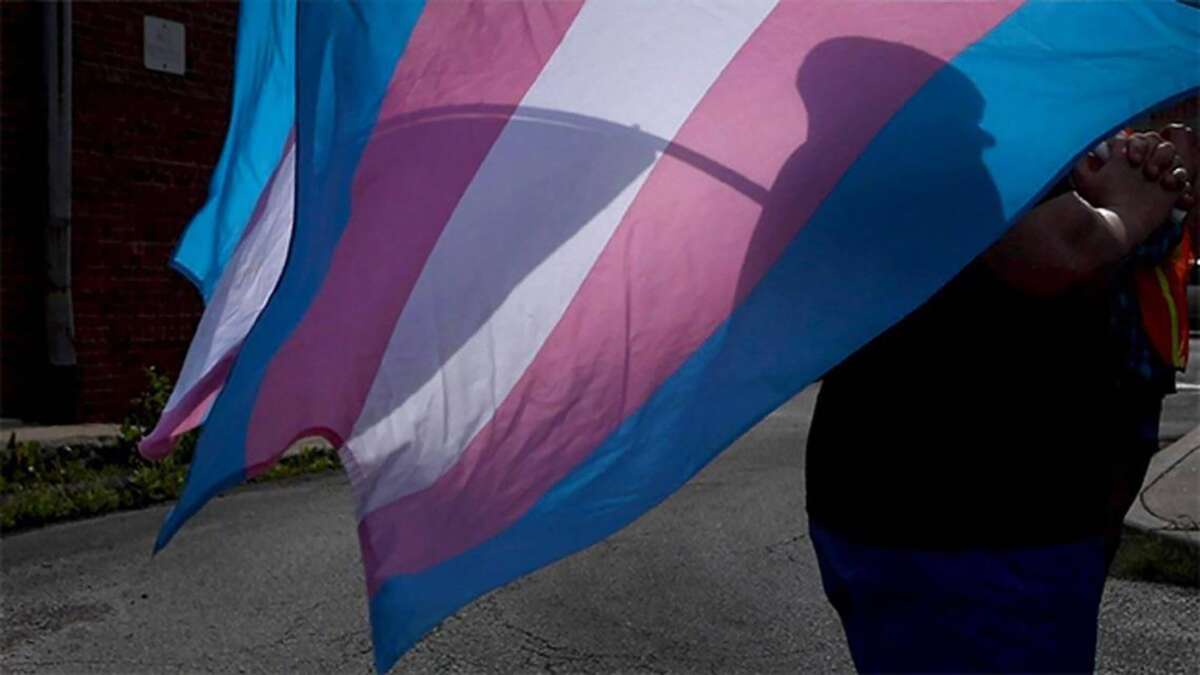Lifestyle
FBI Faces Pressure to Classify Trans Advocacy as Extremism

Reports have emerged indicating that the Federal Bureau of Investigation (FBI) is under pressure to classify transgender advocacy as a form of violent extremism. Independent journalist Ken Klippenstein revealed that the FBI is exploring methods to identify transgender individuals as “nihilistic violent extremists.” This development comes in the wake of a four-page memo released by the Heritage Foundation, which urges the FBI to formally categorize all transgender activism as “Trans Ideology-Inspired Violent Extremism” (TIVE).
The memo outlines a broad definition of TIVE, suggesting that anyone who believes violence is warranted against opponents of transgender ideology could be considered an extremist. Furthermore, it extends to individuals who argue that revoking transgender rights constitutes violence or a direct threat to the existence of transgender people. Such a sweeping definition could potentially label a wide array of transgender rights advocates and organizations as extremists simply for highlighting the dangers of losing rights.
The implications of adopting this new classification could be significant. The Heritage Foundation argues that if the FBI were to recognize TIVE, it could utilize extensive legal and intelligence resources to monitor individuals sharing similar ideologies. This could involve gathering intelligence through methods such as network mapping and undercover operations, effectively treating transgender rights advocates as national security threats.
Historical Context and Concerns
The push to categorize transgender advocacy as extremism raises serious concerns about civil liberties. The United States has a history of using surveillance against civil rights movements. Programs like COINTELPRO, which operated from 1956 to 1971, targeted prominent figures in the civil rights movement, including Martin Luther King Jr. and Malcolm X. More recently, after the September 11 attacks, Muslim communities faced heightened scrutiny under an expanded national security apparatus. The proposal to monitor transgender rights leaders reflects a troubling trend of employing similar tactics against marginalized groups.
The Heritage Foundation makes it clear that the proposal does not intend to label all transgender individuals as domestic terrorists. Instead, it claims the label would apply only to those “motivated by an ideology that encourages, promotes, or condones violence.” Yet, the broad language used in the memo leaves room for interpretation. Basic advocacy efforts, such as opposing anti-trans laws, could easily be construed as inciting violence against those advocating for transgender rights.
The memo underscores the potential dangers of this classification. It includes examples of what the Heritage Foundation considers “typical characteristics” of extremism, even referencing a trans flag stating “protect their right to exist.” Such references could serve as justification for increased surveillance and suppression of advocacy efforts.
Broader Implications
If the FBI adopts this classification, it could mirror actions taken by other nations, such as Russia, which has classified LGBTQ+ organizations as extremist under the guise of maintaining public order. In 2016, the Kremlin began targeting NGOs that it claimed posed threats to societal stability, an approach that expanded to encompass LGBTQ+ civil society.
In the United States, similar sentiments have been expressed by prominent political figures. On August 28, 2025, former President Donald Trump and other officials suggested implementing policies aimed at dismantling organizations they claim engage in violence or promote unrest. This includes targeting philanthropic foundations like the Ford Foundation and Open Society, both of which have faced scrutiny from conservative circles.
Although the FBI has not yet formalized this proposal, the influence of the Heritage Foundation is apparent, particularly with the Trump administration actively pursuing several of its initiatives under Project 2025. The potential for widespread surveillance and disruption of advocacy efforts raises significant questions about the future of civil rights for transgender individuals in the United States.
As discussions continue, it is crucial to remain vigilant about the implications of such proposals, which could lead to the erosion of rights and freedoms for marginalized communities. The developments surrounding TIVE are not merely theoretical; they represent a concerning shift that could have lasting consequences for civil liberties.
-

 Lifestyle4 months ago
Lifestyle4 months agoLibraries Challenge Rising E-Book Costs Amid Growing Demand
-

 Sports3 months ago
Sports3 months agoTyreek Hill Responds to Tua Tagovailoa’s Comments on Team Dynamics
-

 Sports3 months ago
Sports3 months agoLiverpool Secures Agreement to Sign Young Striker Will Wright
-

 Lifestyle3 months ago
Lifestyle3 months agoSave Your Split Tomatoes: Expert Tips for Gardeners
-

 Lifestyle3 months ago
Lifestyle3 months agoPrincess Beatrice’s Daughter Athena Joins Siblings at London Parade
-

 World3 months ago
World3 months agoWinter Storms Lash New South Wales with Snow, Flood Risks
-

 Science4 months ago
Science4 months agoTrump Administration Moves to Repeal Key Climate Regulation
-

 Science3 months ago
Science3 months agoSan Francisco Hosts Unique Contest to Identify “Performative Males”
-

 Business4 months ago
Business4 months agoSoFi Technologies Shares Slip 2% Following Insider Stock Sale
-

 Science4 months ago
Science4 months agoNew Tool Reveals Link Between Horse Coat Condition and Parasites
-

 Sports4 months ago
Sports4 months agoElon Musk Sculpture Travels From Utah to Yosemite National Park
-

 Science4 months ago
Science4 months agoNew Study Confirms Humans Transported Stonehenge Bluestones









